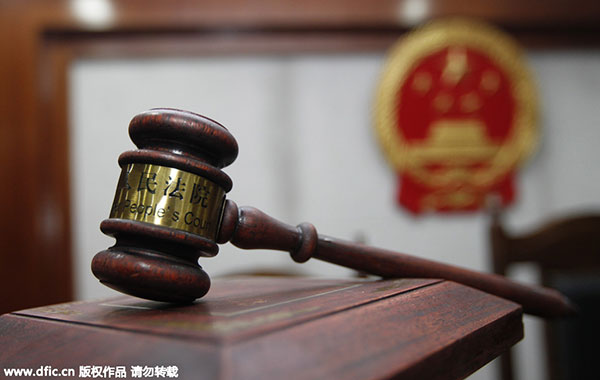 |
|
A gavel in a court. [Photo/IC] |
Nie shubin was sentenced to death and executed in 1995 for rape and murder. But clues pointing to his possible innocence were revealed in 2005. His family petitioned for a review and the Supreme People's Court assigned the job to the high people's court in Shandong province, East China. The court has now announced its judgment will be delayed three months due to the complexity of the case. It is good for the media to follow the case but they should not intervene in the judicial process, says an article on rednet.cn:
There have been many media comments about Nie Shubin's case and a brief look at their headlines shows they are not bipartisan: Justice has been late; When will justice be done? Let justice come...
The court has not made any final conclusion yet, but these media outlets are already implying that the death sentence given to Nie was wrong and should be corrected. This time, following the Shandong court's announcement, a big, bold headline appeared in an agency's editorial: Justice cannot afford to be late again.
It is rather ironic that these media use "justice" in their headlines, because they in fact are violating justice. We have been calling for rule of law. Under rule of law, the media is welcome to play a constructive role in society by supervising the judiciary and preventing it from abusing its powers, but they should not intervene in the judicial process and impose their views upon professional judges. That constitutes a fatal violation of the rule of law and hurts social justice.
The problem is, many domestic media outlets seem unable to distinguish media supervision from intervention. They care nothing about what they believe is justice. In cases that arouse widespread public attention, before the court makes a ruling they always guess the results, and when the court ruling does not meet their expectations, they always blame the court and call for "justice".
In Nie's case, the Shandong court should be praised for the delay because it is trying to make things clear instead of making a quick decision that will not pass the test of time. Media outlets need to stop making wild guesses, and allow professional judges to make rulings based on their own knowledge and conscience. Media intervention in the judicial process will only bend justice instead of promoting it-media outlets must keep this in mind.